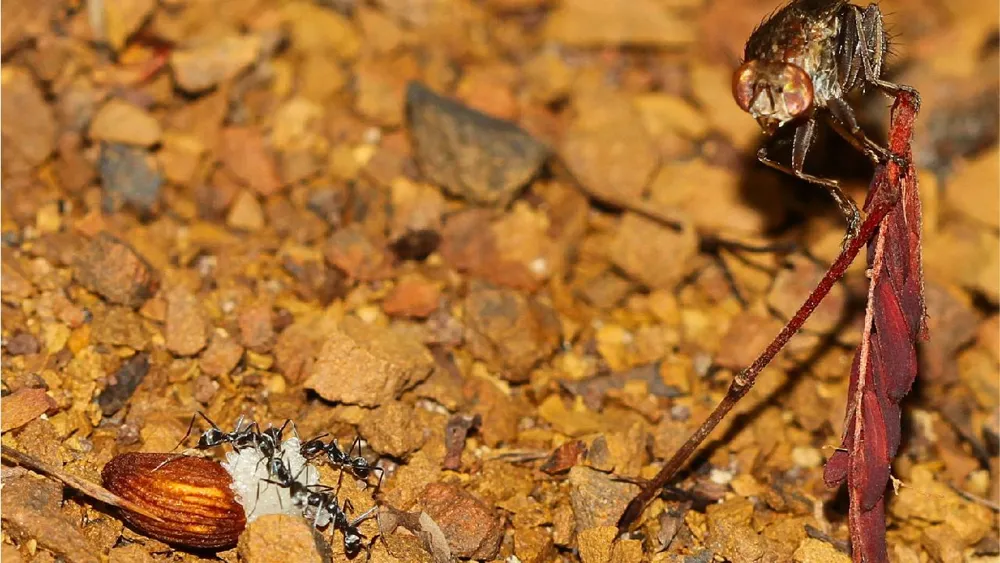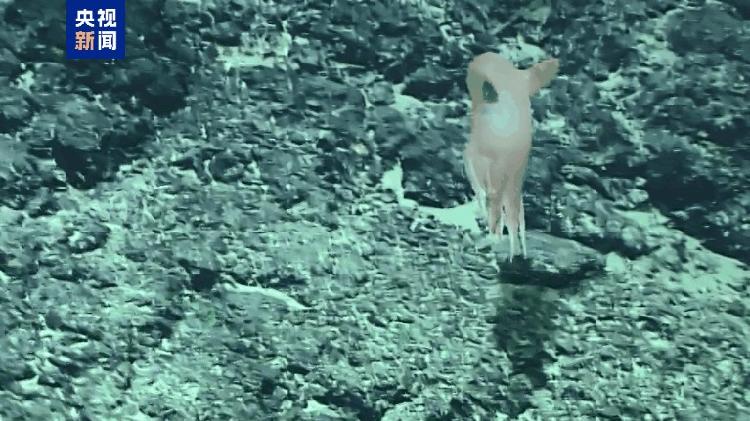The Great Seed Thief Fly Reshapes Plant Science Insights

Recent research conducted by the Kunming Institute of Botany has brought to light the surprising role of Bengalia varicolor flies in seed dispersal, reshaping our ecological understanding of how plant life proliferates.
Traditionally, the scientific community has held a narrow view, believing that seed dispersal was predominantly the domain of birds or mammals, with invertebrates playing a largely passive role.
However, this notion is being challenged by new findings indicating that these overlooked creatures, particularly flies, may play a more significant role as active participants in the dispersal process.
The Diptera order, consisting of over 150,000 species, has remained largely untapped in studies regarding seed dispersal, primarily due to the absence of proven instances until now.
Researchers from the Kunming Institute of Botany have identified Bengalia varicolor as adept seed dispersers, revealing their kleptoparasitic behavior—where they steal food and seeds from ants instead of gathering their own.
This phenomenon opens up intriguing questions regarding the ecological dynamics where these flies and plants intersect, particularly in regions where ant-dispersed plants thrive alongside these flies.
Under the leadership of Chen Gao, the research team set out to investigate the extent of the flies' influence on seed dispersal, conducting extensive field studies and controlled experiments.
Through their innovative approach, they observed the flies' behavior during the theft of seeds from ants: perched in a strategic location, the flies would ambush the ants mid-transport, seizing an opportunity that ultimately benefits both the arthropods and the plants.
Results indicated that Bengalia varicolor significantly increased the distance seeds traveled, enabling multiple interactions between ants and flies, and allowing seeds to be moved several times before settling.
This process could lead to a new understanding of seed dispersal termed diplochory, expanding the possibilities for how plants can effectively propagate across diverse environments.
Furthermore, the findings highlight the ecological complexity and mutual benefits shared between flies and various ant-dispersed plant families, marking a potential paradigm shift in our understanding of seed dispersal systems.
Published in the journal Current Biology, the research entitled 'Seed Dispersal by Kleptoparasitic Flies' suggests that if substantiated, the role of flies could redefine existing theories and practices in plant ecology.
Read These Next

Researchers Uncover New Dumbo Octopus Species in China
Chinese researchers found a new octopus species, Grimpoteuthis feitiana, in the Pacific at over 1,200 meters deep.

China's Guangdong Transforms from World Factory to High Tech Hub
Guangdong's GDP reached 14.16 trillion yuan in 2024, first in China for 36 years, with imports/exports over 9 trillion yuan.

Chinese Scientists Study Theoretical Tertiary Gap
Commentary on the recent discovery of the tertiary gap by Chinese scientists, emphasizing its significance in condensed matter physics and potential applications in technology.
